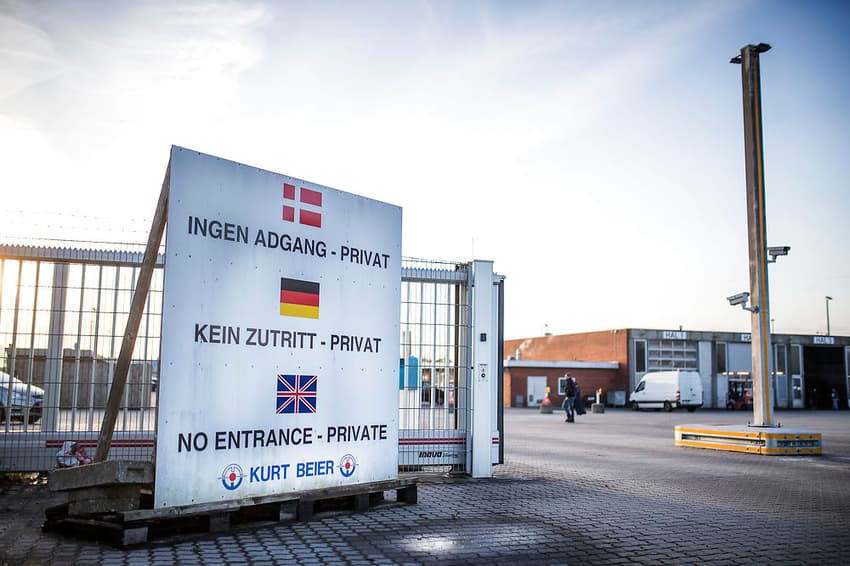Danish transport firm admits to poor conditions for foreign drivers

Haulage company Kurt Beier Transport has admitted poor treatment of its employees.
The company’s CEO Karsten Beier told broadcaster DR on Tuesday that he regretted poor living conditions experienced by employees of the company in the town of Padborg near Denmark’s border with Germany.
“I very much regret the photos that have been published and would like to apologise. Our facilities were simply not up to standard,” Beier told DR.
The issue was first reported by trade union publication Fagbladet 3F.
Photos of the company’s accommodation in Padborg showed evidence of poor conditions, while it was also reported that drivers from the Phillippines were paid as little as 15 kroner (two euros) per hour.
Beier also said that his company had since action to redress the issues.
He denied any laws had been broken, meanwhile.
“I am completely sure and convinced that we have not done anything punishable by law. We have complied with all laws and regulations,” he said.
“All drivers were aware of the terms when we interviewed them in the Phillippines. None of them were forced into working for us,” he said to DR.
The haulage company has offered an improved contract, including higher wages, but that has been rejected by the drivers, according to DR’s report.
The CEO said to the broadcaster that wages paid by his company were in line with industry averages, given the drivers are employed in Poland, and that competition from other EU haulage companies meant it was not possible to offer further increases to drivers.
The company is subject to investigation by Danish authorities for people smuggling and has been criticised by politicians from several different parties.
READ ALSO: 'One in four' social healthcare workers in Denmark subjected to harassment: survey
Comments
See Also
The company’s CEO Karsten Beier told broadcaster DR on Tuesday that he regretted poor living conditions experienced by employees of the company in the town of Padborg near Denmark’s border with Germany.
“I very much regret the photos that have been published and would like to apologise. Our facilities were simply not up to standard,” Beier told DR.
The issue was first reported by trade union publication Fagbladet 3F.
Photos of the company’s accommodation in Padborg showed evidence of poor conditions, while it was also reported that drivers from the Phillippines were paid as little as 15 kroner (two euros) per hour.
Beier also said that his company had since action to redress the issues.
He denied any laws had been broken, meanwhile.
“I am completely sure and convinced that we have not done anything punishable by law. We have complied with all laws and regulations,” he said.
“All drivers were aware of the terms when we interviewed them in the Phillippines. None of them were forced into working for us,” he said to DR.
The haulage company has offered an improved contract, including higher wages, but that has been rejected by the drivers, according to DR’s report.
The CEO said to the broadcaster that wages paid by his company were in line with industry averages, given the drivers are employed in Poland, and that competition from other EU haulage companies meant it was not possible to offer further increases to drivers.
The company is subject to investigation by Danish authorities for people smuggling and has been criticised by politicians from several different parties.
READ ALSO: 'One in four' social healthcare workers in Denmark subjected to harassment: survey
Join the conversation in our comments section below. Share your own views and experience and if you have a question or suggestion for our journalists then email us at [email protected].
Please keep comments civil, constructive and on topic – and make sure to read our terms of use before getting involved.
Please log in here to leave a comment.